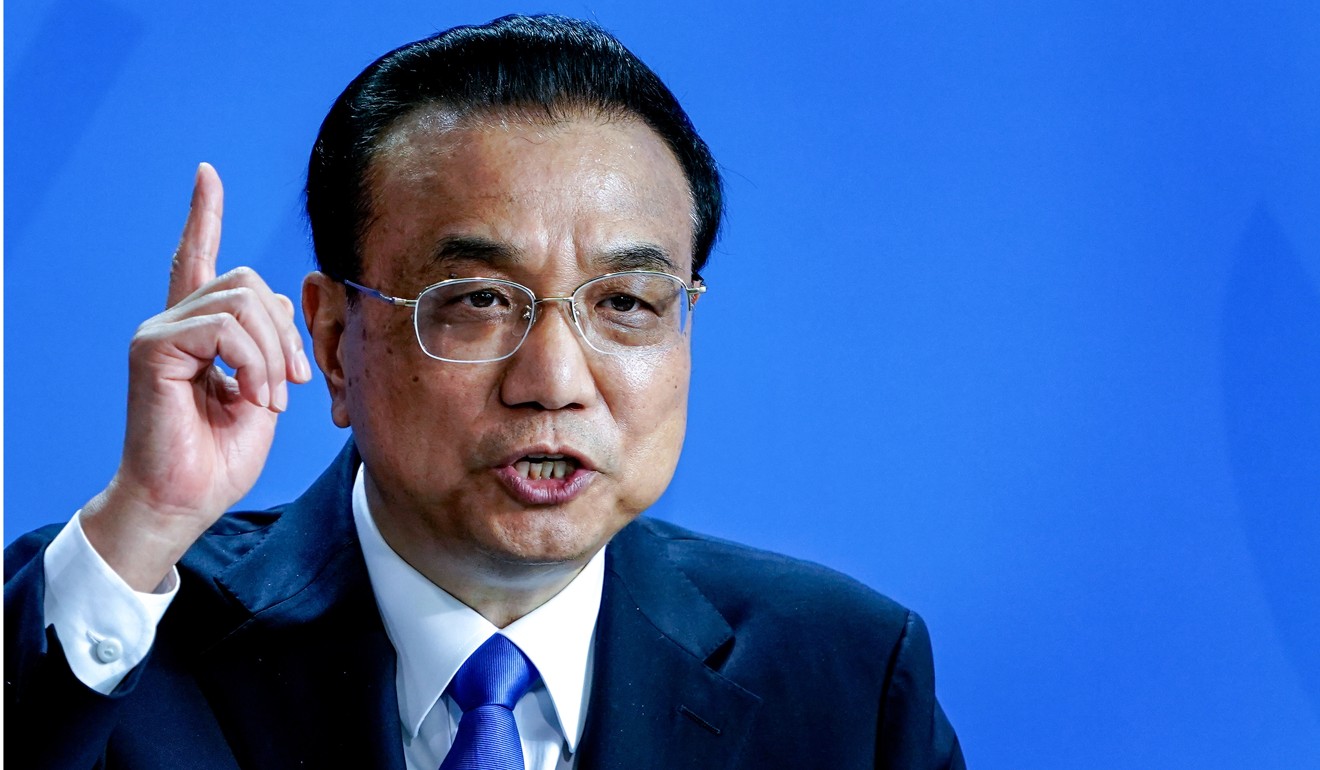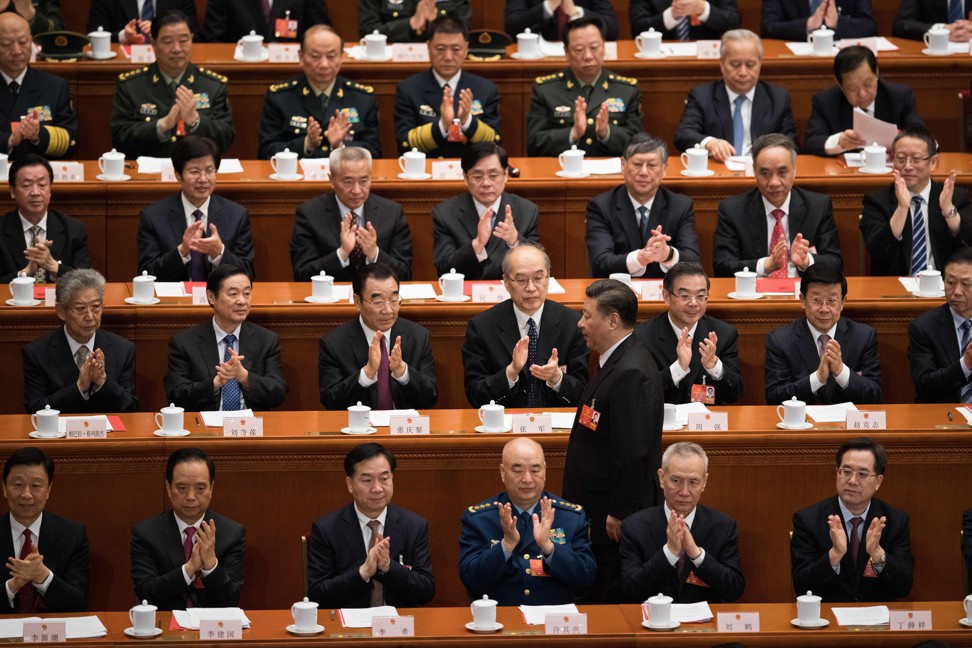
China cracks down on bureaucracy ‘paralysed by fear’
Officials can lose their jobs or be expelled from the party for failing to apply policies under new rules, as Beijing takes aim at bureaucratic inertia
After a relentless anti-corruption crusade spooked many officials into inaction, China’s ruling Communist Party is doubling down on efforts to rid the country’s vast bureaucracy of its inertia.
Updated party rules released this week state that failing to implement policies from the top is now officially a breach of discipline that can see cadres lose their jobs or even be expelled from the party.
Those who refuse to implement policy directives from the party’s Central Committee, who run their own agenda, or “are not resolute enough, cut corners or make accommodations” in applying them, will be subject to punishment under the new rules, which took effect on August 18.
After Communist Party summer retreat, Xi Jinping is sticking to his policies
It comes after the cabinet earlier this month announced a series of “targeted inspections” in a bid to ensure central government policies are being properly implemented at the local level – especially on priority issues such as reducing poverty, tackling pollution, promoting innovation and revitalising the rural economy.
The party had tried a softer approach in May, seeking to cajole cadres into action with a plan for a system that would offer incentives and tolerate their mistakes during attempts to reform and innovate.
But despite the long-touted efficiency of the authoritarian regime, central government policies have often met resistance at the local level when they go against the interests of authorities.
Chinese Communist Party is stepping up efforts to stifle dissent abroad
That situation has been exacerbated in recent years by President Xi Jinping’s sweeping crackdown on corruption, which has snared more than 1.5 million cadres – including some from the highest ranks of the party and the military.
Apprehensive about drawing unnecessary attention or suspicion to themselves, many local officials have instead kept their heads down, sitting on projects and business deals that would have previously been keenly sought after in the quest to boost economic growth and create jobs.
“They’re afraid that they might be reported [to the corruption-busters by their political foes] if they take reform and development measures – so they figure they’re better off being passive and doing nothing,” said Zhuang Deshui, an expert on clean governance at Peking University.
That inertia has become so widespread that Minxin Pei, a veteran China watcher at Claremont McKenna College, described the Chinese bureaucracy as “paralysed by fear”.

But the government is well aware of the problem. Premier Li Keqiang, for one, has repeatedly scolded procrastinating officials for being slack and lazy in implementing Beijing’s policy directives. In 2015, 249 officials were punished for laziness, evidenced by their failure to spend government funds, delays to projects and idle land earmarked for development, Xinhua reported at the time.
The party’s propaganda apparatus also weighed in, calling inaction itself a form of corruption and sternly warning cadres against it.
But the inertia has persisted, and it is a problem for the party as the country grapples with a slowing economy at home while fighting an escalating trade war with the United States. The flagging stock market and recurring public health scandals have also fuelled rising dissent from the growing middle class.
President Xi Jinping makes ideological rallying call to China’s propaganda cadres
Having become the most powerful Chinese leader since Mao Zedong, Xi is under increasing pressure to deliver on a series of reforms he has promised, ranging from more sustainable, innovation-driven economic growth and a cleaner environment to better public services such as health care and social welfare – all of which could not be achieved without commitment from local officials.
Zhuang from Peking University said many cadres now were no longer willing to be the first to implement reforms.
“In the past, officials could use good [growth] data to show off their performance for career advancement. But now, the assessment methods have changed to include all kinds of targets and put them under tremendous pressure – thus many choose to deal with everything passively,” he said.

Under the revised party discipline rules, officials who fail to take action on development policies to do with innovation, coordination, the environment, openness and sharing will be given a heavier punishment.
The regulations also target bureaucratic conduct, such as paying lip service to a policy, or holding meetings and issuing documents that do not translate into action.
Xi’s name has been written into the revised rules – it is already in the party and country’s constitution – with all party members required to steadfastly safeguard his core status.

